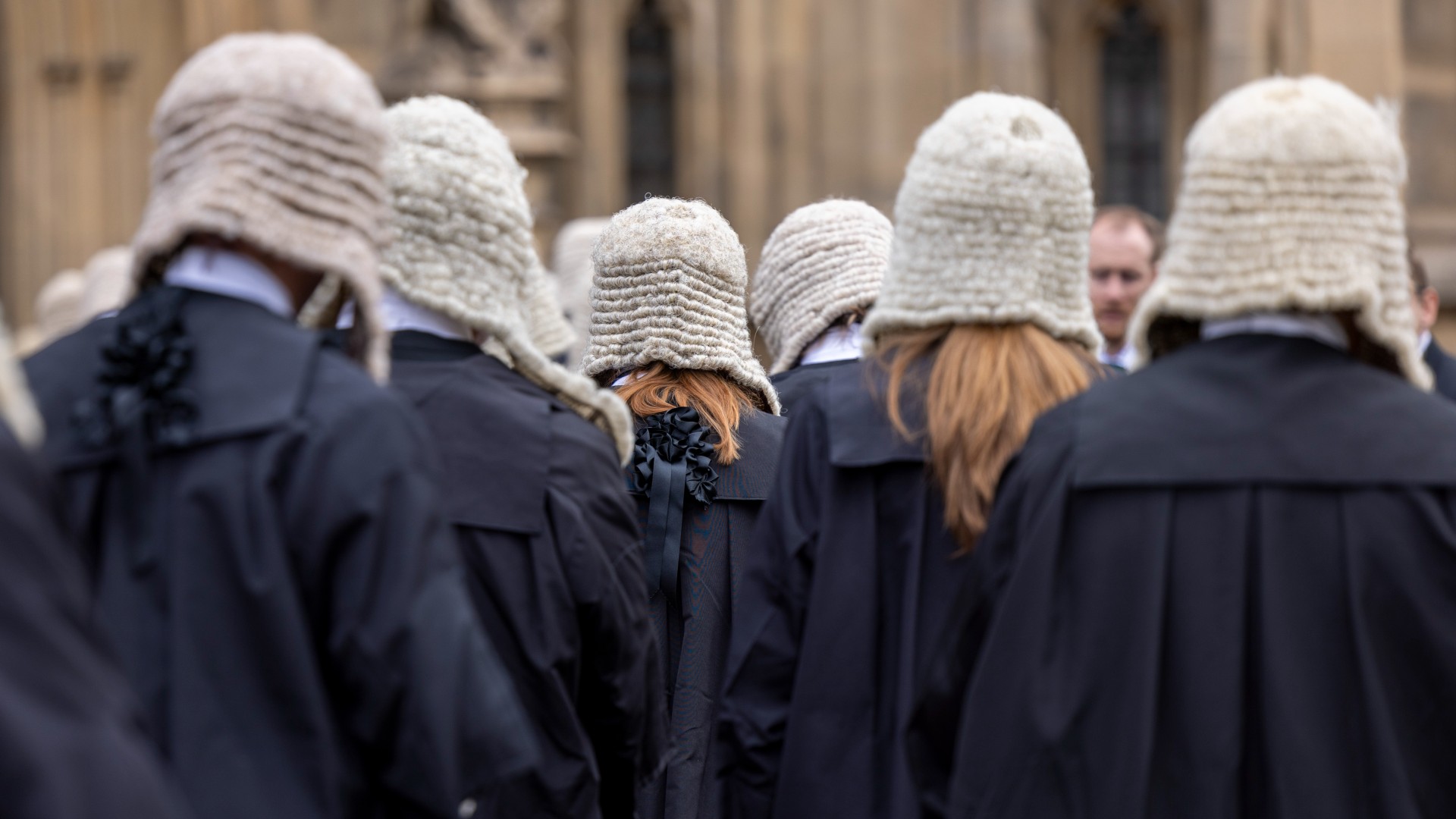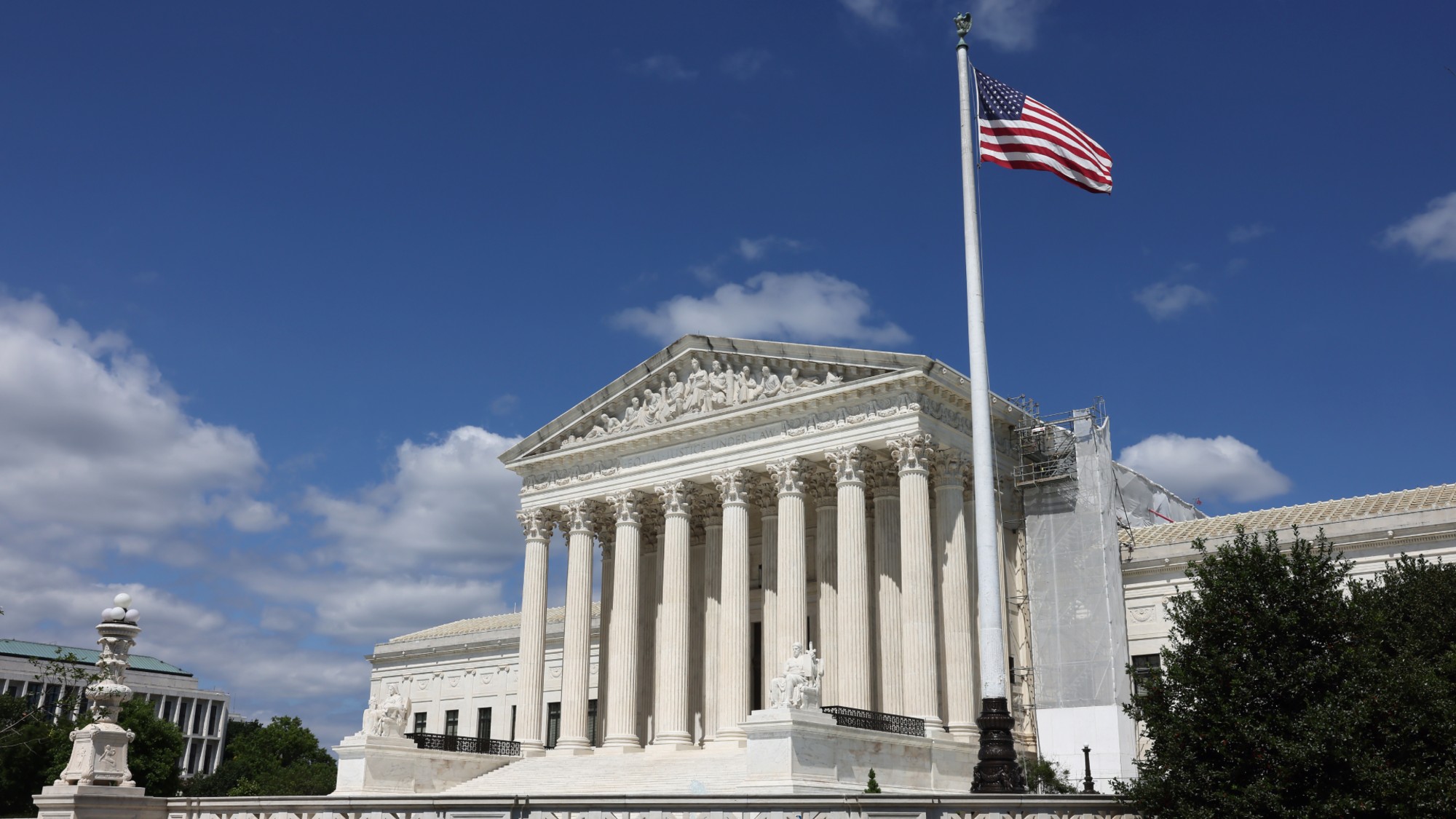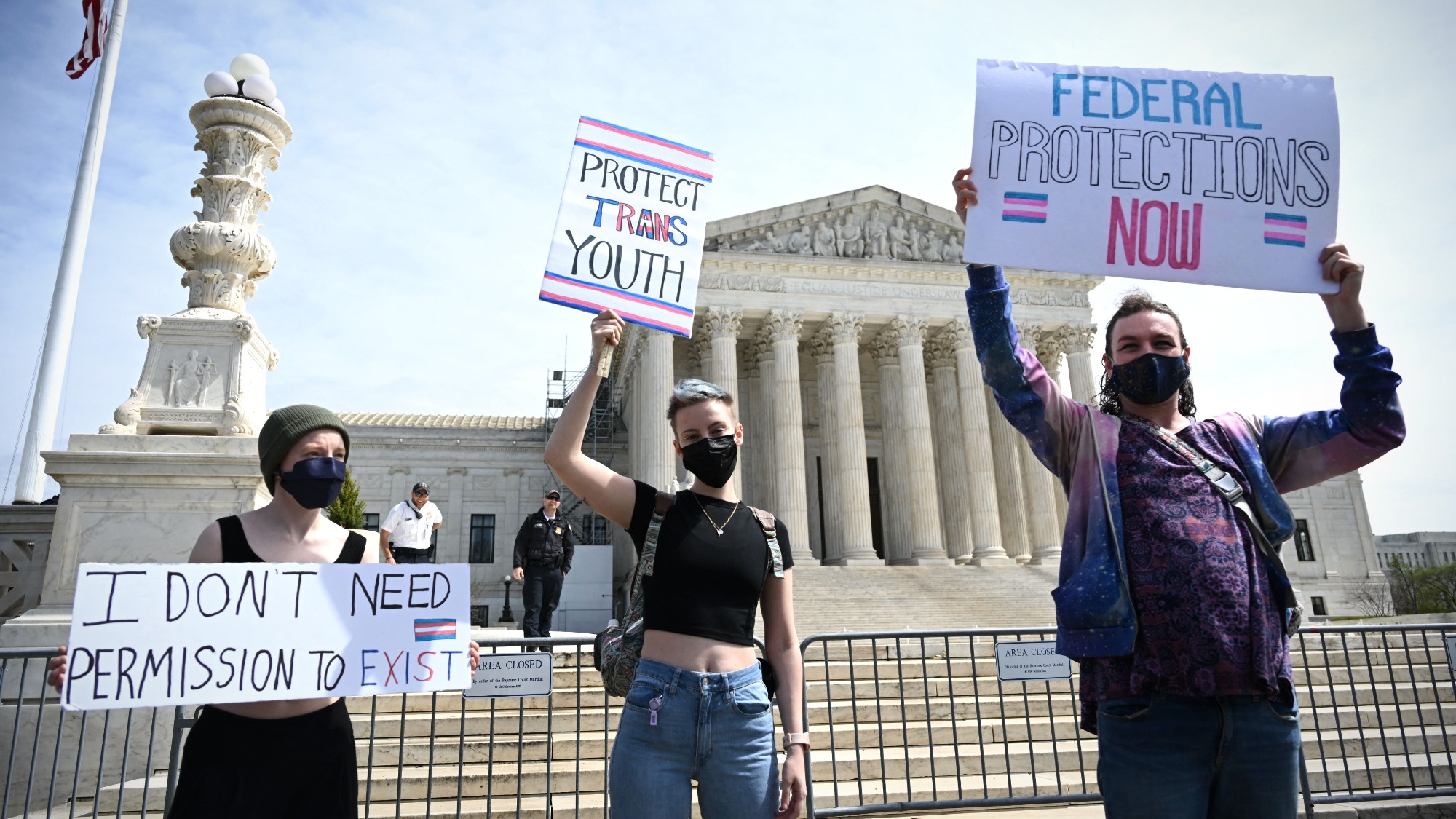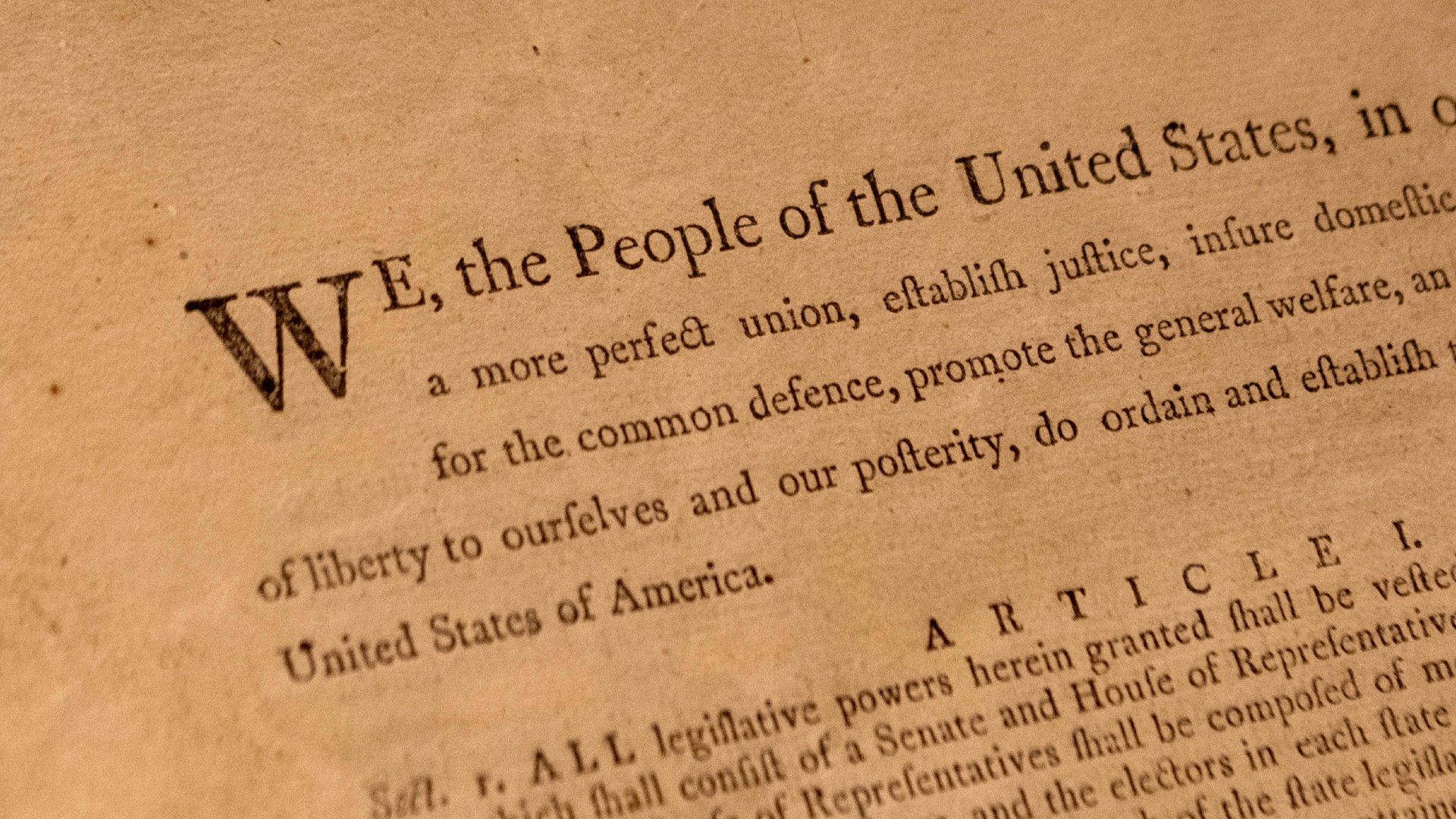Judges allowed to use ChatGPT to write legal rulings
New guidance says AI useful for summarising text but must not be used to conduct research or legal analysis

A free daily email with the biggest news stories of the day – and the best features from TheWeek.com
You are now subscribed
Your newsletter sign-up was successful
Judges in England and Wales will be allowed to use ChatGPT to help write legal rulings, despite concerns that artificial intelligence (AI) could invent bogus cases.
New official guidance issued to thousands of judges by the Judicial Office states that AI can be useful for summarising large amounts of text or in administrative tasks. It does, however, warn that AI chatbots must not be used to conduct legal research or undertake legal analysis, as they are prone to making up fictitious cases or legal texts. Judges were also advised not to put private information into a chatbot as it could end up in the public domain.
The Telegraph reported that chatbots have "landed lawyers in the US into difficulties after they used ChatGPT to write a court filing that contained multiple fictional cases invented by the bot".
The Week
Escape your echo chamber. Get the facts behind the news, plus analysis from multiple perspectives.

Sign up for The Week's Free Newsletters
From our morning news briefing to a weekly Good News Newsletter, get the best of The Week delivered directly to your inbox.
From our morning news briefing to a weekly Good News Newsletter, get the best of The Week delivered directly to your inbox.
Judges, "like everybody else, need to be acutely aware that AI can give inaccurate responses as well as accurate ones" said Sir Geoffrey Vos, the Master of the Rolls. But he also said that AI "offers significant opportunities in developing a better, quicker and more cost-effective digital justice system".
Vos told Reuters in March that AI "certainly does not pose any threat" to the legal profession and even predicted the technology could eventually be used to resolve low-level disputes, though the prospect was still "miles away", he said.
In September, Court of Appeal judge Lord Justice Birss admitted using ChatGPT to summarise an area of law which he then used in his ruling. "I'm taking full personal responsibility for what I put in my judgment." he said. "All it did was a task which I was about to do and which I knew the answer and could recognise as being acceptable."
It was the "first known use of ChatGPT by a British judge to write part of a judgment", The Guardian reported.
A free daily email with the biggest news stories of the day – and the best features from TheWeek.com
-
 The environmental cost of GLP-1s
The environmental cost of GLP-1sThe explainer Producing the drugs is a dirty process
-
 Greenland’s capital becomes ground zero for the country’s diplomatic straits
Greenland’s capital becomes ground zero for the country’s diplomatic straitsIN THE SPOTLIGHT A flurry of new consular activity in Nuuk shows how important Greenland has become to Europeans’ anxiety about American imperialism
-
 ‘This is something that happens all too often’
‘This is something that happens all too often’Instant Opinion Opinion, comment and editorials of the day
-
 How far does religious freedom go in prison? The Supreme Court will decide.
How far does religious freedom go in prison? The Supreme Court will decide.The Explainer The plaintiff was allegedly forced to cut his hair, which he kept long for religious reasons
-
 The Supreme Court case that could forge a new path to sue the FBI
The Supreme Court case that could forge a new path to sue the FBIThe Explainer The case arose after the FBI admitted to raiding the wrong house in 2017
-
 The EU's landmark AI Act 'rushed' out as countdown begins on compliance
The EU's landmark AI Act 'rushed' out as countdown begins on complianceThe Explainer 'We will be hiring lawyers while the rest of the world is hiring coders' – Europe's warning about new AI legislation
-
 Supreme Court to weigh transgender care limits
Supreme Court to weigh transgender care limitsSpeed Read The case challenges a Tennessee law restricting care for trans minors
-
 Supreme Court wary of state social media regulations
Supreme Court wary of state social media regulationsSpeed Read A majority of justices appeared skeptical that Texas and Florida were lawfully protecting the free speech rights of users
-
 The pros and cons of a written constitution
The pros and cons of a written constitutionPros and Cons Clarity no substitute for flexibility, say defenders of Britain's unwritten rulebook
-
 Pros and cons of the Rwanda deportation policy
Pros and cons of the Rwanda deportation policyPros and Cons Supporters claim it acts as a deterrent but others say it is illegal and not value for money
-
 Andy Warhol, Prince and a question of copyright
Andy Warhol, Prince and a question of copyrightTalking Point Supreme Court ruling that sent shockwaves through art world could have huge implications for AI image generation